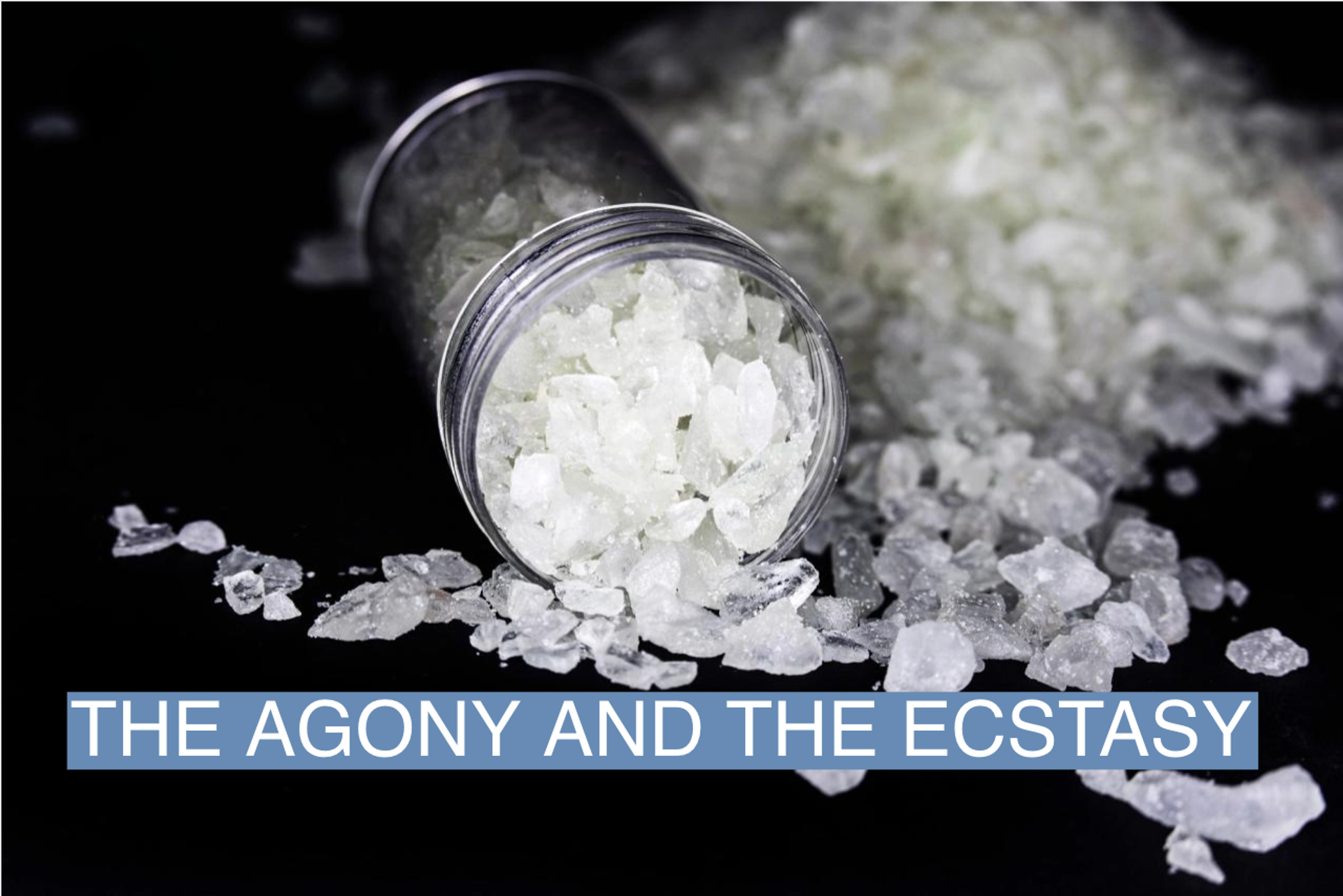The News
Scientists will ask U.S. regulators to approve MDMA as a therapy for post-traumatic stress disorder (PTSD) following the publication of a new study. Researchers hope it will usher in a new era of psychedelic treatments for mental illness.
A small trial found MDMA-enhanced therapy was twice as effective as therapy with a placebo drug in treating PTSD. In the coming months the authors of that study will publish a much larger follow-up, which they say has had positive results, Nature magazine reported. When the paper is released, the researchers will ask the U.S. Food and Drug Administration for approval of the therapeutic use of MDMA, which will in turn make further study of the drug and other psychedelics easier.
In this article:
Know More
MDMA, the active ingredient in ecstasy pills, induces euphoria, a sense of strong social connections to other people, and a general sense of positivity. Studies suggest that it can reduce the impact of PTSD when used in combination with therapy.
PTSD treatment involves helping patients relive distressing memories until they lose their traumatic edge. When on MDMA, patients are less sensitive to negative emotions, so it becomes easier to relive those memories in an unthreatening way.
Psychedelic drugs have shown hopeful signs for treating other conditions too. Psilocybin, taken from magic mushrooms, has exhibited some promising results in treating depression. It works by targeting beliefs: The idea is we have beliefs about the world that can be strong or weak. You might believe very strongly that walls don’t move, and believe more weakly that you had beans for dinner last Thursday. The evidence you get from your senses can also be strong or weak: Seeing something in broad daylight from close-up might be strong evidence, hearing someone say they think they remember something might be weak evidence. Strong beliefs need stronger evidence to shift.
Depression, then, can be thought of as inappropriately strong negative beliefs — about the patient’s own personality or the state of the world, perhaps — which are hard to shift. The theory is that, under supervision, psilocybin can help people out of those inappropriate beliefs by temporarily weakening them, providing evidence in the form of therapy that the beliefs are false, and shifting the person into a new, appropriate, non-depressed belief.
Several studies have now found that psilocybin is effective: The largest and most recent was published in November last year. Earlier, smaller ones found that psilocybin was as effective as the leading antidepressant.
The nonprofit Multidisciplinary Association for Psychedelic Studies (MAPS), which ran the MDMA/PTSD trials, hopes that if MDMA treatments are approved, other psychedelic treatments, such as psilocybin, could follow.
Tom’s view
It would be great if psychedelics work as new frontline treatments for PTSD and depression. While existing drugs and therapies work for many patients, there are people with so-called treatment-resistant conditions, and they can be crippling. With depression in particular, some patients respond to some antidepressants and some respond to others, so any new treatments could be valuable.
There’s a lot of overpromising — enthusiasts can give the impression that psychedelics are a magic bullet. But it seems likely that some useful treatments will come out of it. And it’s also an interesting window into a model of how the brain works, a lovely example of a clever theory making testable predictions.
SHROOM FOR DISAGREEMENT
There is plenty of skepticism around psychedelic treatments. The authors of the studies tend to be true believers — the founder of MAPS has been studying psychedelics for 40 years and is open about his own use of them. There is a strong “researcher effect” in science, meaning that scientific experiments are often skewed by the scientist’s own prior beliefs and expectations, and that will likely be true of psychedelics.
In fact it’s especially true of psychedelics, because the gold standard of medical research is the “double-blind” randomized control trial. Half of the patients, chosen at random, are given the drug you’re testing, and half are given a control — perhaps a placebo, or the standard treatment. And neither the patients nor the doctors are supposed to know which patient had which, in order to avoid researcher effects.
But most people can tell if they’ve just taken mushrooms or ecstasy, or if they’ve taken a placebo, and the doctors can usually tell. The trials use tiny, subclinical doses of the real drug as their “placebo,” in order to put some doubt into patients’ minds, but most patients and most doctors probably know perfectly well which one they’ve had.
For that reason, some researchers think the current hype around psychedelics is a “bubble that will burst,” even if they do end up having some clinical use.
